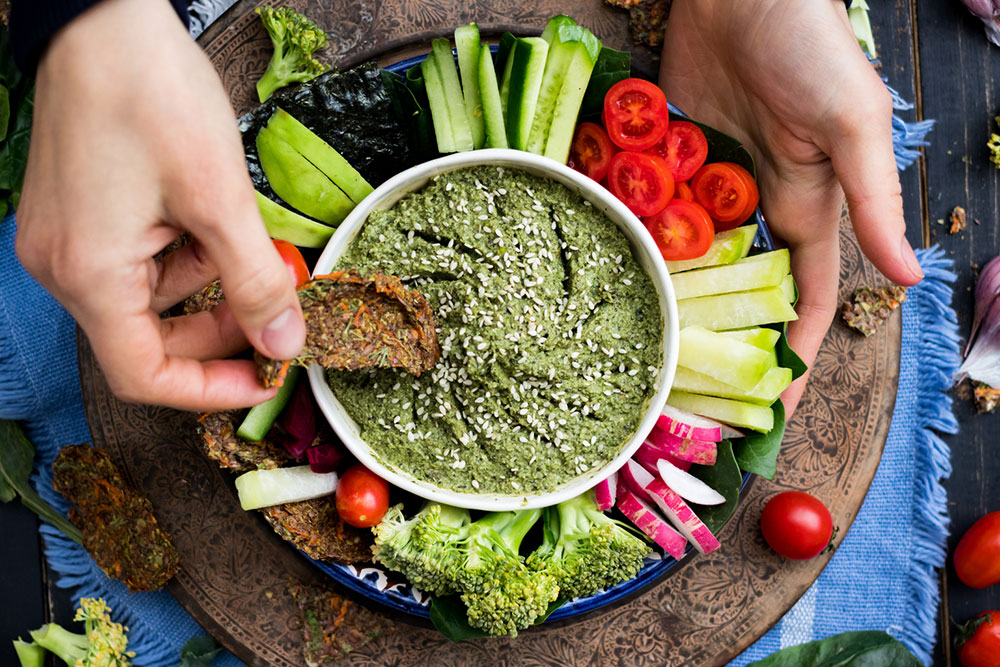
Avoid these 8 foods to prevent Huntington’s disease progression
Huntington’s disease (HD) is a progressive disorder that affects both the body and the mind. Its main symptoms include emotional disturbances, uncontrolled movements, and reduced cognitive abilities that control and monitor day-to-day functions. While there is currently no cure for HD, certain considerations can help manage the symptoms and potentially slow down the progression of the disease. Avoiding certain foods can help maintain overall health and quality of life for individuals with HD.
Foods to avoid for managing HD
Excessive sugar intake
Processed high-sugar foods and beverages should be avoided as they directly contribute to the risk of developing type 2 diabetes. Sugar in its artificial and refined form is empty calories, meaning there is no nutritional value added. These include sugary sodas, candy, and certain snack foods. These items can displace healthier, nutrient-rich options from daily foods and contribute to malnutrition. Artificial sugar is also a form of empty calories. But what’s worse is using artificial sweeteners to add flavor to beverages or desserts. Studies further suggest that artificial sweeteners, such as aspartame and saccharin, trigger a glucose imbalance. With Huntington’s disease, metabolic activities are already affected, and a glucose imbalance will only worsen existing symptoms. High sugar intake can also cause frequent energy spikes and crashes, which can worsen mood swings and cognitive symptoms.
Processed foods
Most foods bought off the shelves in the supermarket are bad for health since they are laced with additives, preservatives, artificial coloring, and even flavor enhancers. Processed foods are also unnaturally high in unhealthy fats, sugar, and sodium, and their consumption should be minimized or avoided. These foods can lead to inflammation and oxidative stress, which can further damage healthy cells. Moreover, processed foods are often low in essential nutrients and can contribute to malnutrition, a common concern for patients suffering from Huntington’s disease.
Trans fats and saturated fats
The foods that are available in prepackaged variants contain loads of Trans fats and saturated fats. These include fried foods, fast food, deli cuts of meat, and many baked goods. It is necessary to eliminate or consume these foods in moderation to prevent symptoms of HD from flaring up. These fats mainly increase LDL cholesterol levels and promote inflammation in the cells. High cholesterol and inflammation further negatively impact cardiovascular functions crucial for overall well-being, especially for individuals with HD who already struggle with compromised immunity and respiration.
Excessive caffeine
One of the most widely consumed beverages is quite bad for those with Huntington’s disease. While moderate caffeine consumption is generally safe, excessive caffeine intake will cause high caffeine levels to exacerbate anxiety, insomnia, and mood swings. These are common symptoms of HD. Moreover, caffeine’s diuretic properties can interfere with prescription treatments, affecting their effectiveness in treating the disease.
High-sodium foods
Salt is a commonly used condiment and flavoring agent that is a staple across all cuisines and recipes. However, excessive salt intake is bad for people with Huntington’s disease. High-sodium foods, such as processed meats, canned soups, and fast food, should be limited, especially when these are bought prepackaged off the shelves in the supermarket. Excess sodium intake can lead to high blood pressure, which is a risk factor for cardiovascular problems. Cardiovascular health is essential for individuals with HD, as they may already have an increased risk of heart issues due to the disease.
Fried and grilled meats
Cooking on high heat is another risk factor for people with Huntington’s disease. The high-temperature cooking methods used to fry and grill meats can create harmful compounds. One must avoid consuming these foods on a regular basis. These compounds mainly promote inflammation and trigger oxidative stress of healthy cells in the body, that can be particularly harmful for individuals with HD. Fried meats are also high in saturated and trans fats, which are potentially harmful to cardiovascular health and overall metabolic activities.
High-phenylalanine foods
Some individuals with HD may have an increased sensitivity to phenylalanine, an amino acid found in protein-rich foods. While more research is needed, it’s advisable to consult with a healthcare provider or registered nutritionist to determine if phenylalanine restriction is necessary. Consumption of these amino acids will trigger inflammation and flare-ups if not monitored safely, especially among older adults and seniors with Huntington’s.
Dairy products
Some individuals with HD might be lactose intolerant, meaning they cannot process the simplest varieties of dairy, like milk, yogurts, and milk-based desserts. It adversely affects the digestive organs and triggers abdominal pain, bloating, and even flatulence. For these patients, dairy products should be limited or replaced with lactose-free alternatives to avoid gastrointestinal discomfort. Soy and almond milk is a preferred alternative.
Eating mistakes that worsen the symptoms
Eating large meals can lead to discomfort and indigestion, problems that can be particularly troublesome for individuals with HD. Instead, it’s better to consume smaller, more frequent meals to maintain stable blood sugar levels and ensure adequate nutrition. HD also affects each individual differently, so it’s crucial to tailor daily nutrition requirements to suit those specific needs and preferences only after consulting with a certified nutritionist. A certified nutritionist with specialized experience in neurodegenerative disorders can create a personalized nutrition plan.
In conclusion, managing the nutrition aspects of Huntington’s disease is essential for maintaining overall health and preventing flare-ups of this devastating condition. Additionally, it’s vital to create custom nutrition plans based on the specific needs of each patient, taking into account their unique symptoms and food intolerances. Note that there is an alternative for everything, as advancements in healthcare have made it possible to explore options with fewer side effects. It is also important to make healthy changes to daily lifestyle to supplement these changes in nutrition. These include healthy exercises, rehabilitation care for managing symptoms, and palliative care for improving the overall outlook of living with Huntington’s.


